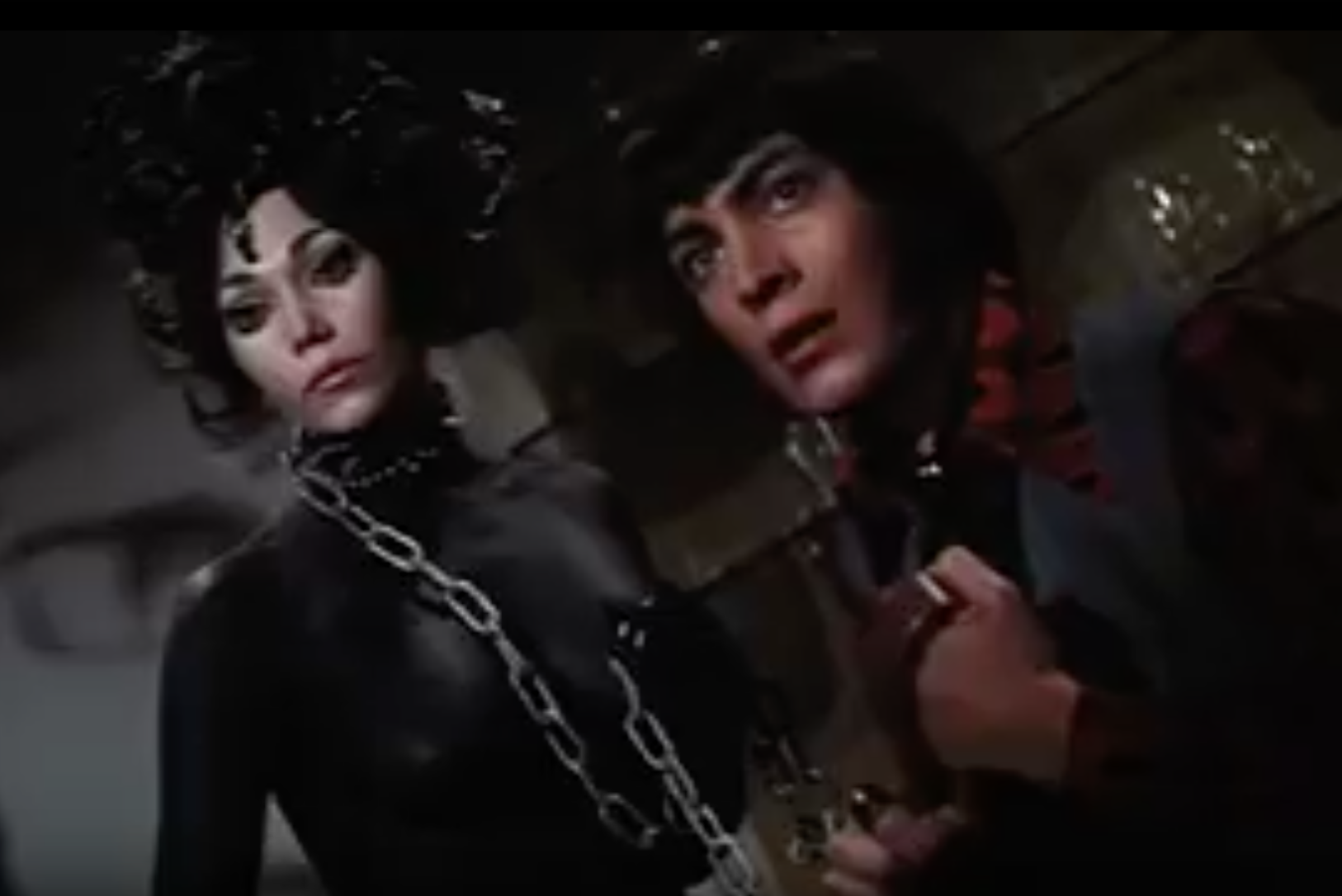Life Itself, Steve James’ documentary about film critic Roger Ebert, is worth seeing, but the stories it wants to tell aren’t as revealing as the ones Ebert shares in his excellent 2011 memoir with the same title. Ebert’s book unfolded as easily and gracefully as a long walk, as he looked back on his long and mostly pleasant journey from Champaign, Illinois, to Chicago, London, Cannes, and, ultimately, the internet. Life Itself contains some of Ebert’s best writing; as it turns out, he was a born blogger with a lot to say about a lot of subjects: all-night diners, fancy shaving cream, his lifelong friendship with Robert Mitchum, the inevitability of death.
James’ film is more calculating and image-conscious; it’s structured like an upbeat version of Citizen Kane (one of Ebert’s favorite films), complete with flashbacks, nostalgic and contradictory talking heads, and touching memories of two-story-tall newspaper printing presses stopped at the 11th hour to accommodate the whims of a precocious polymath.
Life Itself contains a lot of footage from Ebert’s final days, and the scenes that chart Ebert’s hospital struggles can’t help but feel exploitive and a little sadistic. Ebert’s disfigurement is never backed away from: the jawless bottom half of his face hangs loose like an untucked shirt. As a result, he often looks like he’s smiling. But the agony on his face as he gets suction through a hole in his throat is as much a subject of the film as his cultural legacy.
And what was Ebert’s legacy? Well, aside from influencing and inspiring me and countless others who craved information about the movies before the internet age, he was the great popularizer, a curious and engaging reviewer who tried to see the good in everything he saw. He had some fun along the way, too; his Movie Glossary, which (with help from his readers) labeled common cinematic absurdities like the Idiot Plot, and The Fallacy of the Talking Killer, and “Fruit Cart!,” is his most significant contribution to moviegoing.
It’s tougher to say what, if anything, he added to film study or film scholarship. Yet Ebert often took pains to praise his more insightful, less well-known colleagues. The least convincing section of Life Itself tries to anoint him and Gene Siskel as the better, more powerful version of dueling New York film critics Pauline Kael and Andrew Sarris. This is idiotic. Of course Siskel and Ebert were more powerful than Kael and Sarris — they were syndicated columnists with a weekly television show backed by Disney money. But Ebert was never dumb enough to mistake power and popularity for taste and intelligence.
Fortunately, Siskel and Ebert’s childish televised bickering is contextualized and overshadowed through interviews with the strong women they married. It’s clear that the most famous movie critics in America got really lucky with their spouses; everyone deserves to have someone like Siskel’s widow Marlene or Chaz Ebert in their corner. Marlene has a devilish gleam in her eye when describing one of Siskel’s pranks on his rotund cohost, while Chaz emerges as a tough, devoted life partner. Chaz helped Ebert one-up Charles Foster Kane. With her, he found love, and that has made all the difference.
